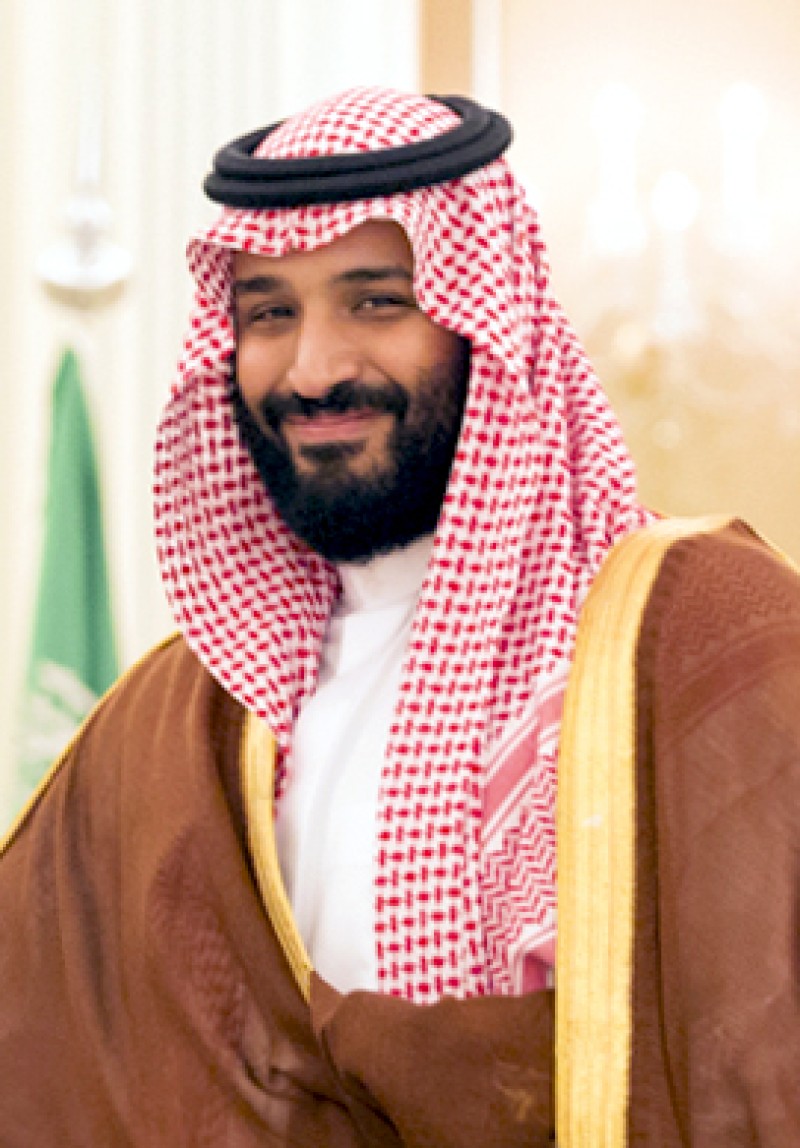“After the country largely rid itself of the big heads of corruption, I convey a stern warning from the Crown Prince (Mohammed bin Salman), who instructed me that the coming period will be to eradicate corruption among mid- and low-level public servants,” media quoted Al Kamous as telling Saudi Al Arabiya TV.
In November 2017 Mohammed bin Salman, who acted as head of the Anti-Corruption Commission at the time, ordered an anti graft sweep throughout the country in which more than 400 people were arrested, including 11 princes, ministers and business tycoons.
The suspects were detained at luxury hotels, including Riyadh’s Carlton-Ritz without a clear legal base and, according to the New Arab (Al-Araby) news, at least one person allegedly died and more than 17 were hospitalized due to physical abuse.
The Prince, whom the action allegedly helped to cement his power, defended his anti-graft effort as necessary and called it a “shock therapy.” The prince has been trying to overhaul the Arab world’s largest economy and transform Saudi society.
The end of the controversial high-profile anti-graft purge was announced in January this year, with, according to the report, more than US$106.6 billion recovered from the detainees in cash, businesses, real estate or securities.
Al Khamous said according to the report that he had been directed to “focus on ending bureaucratic corruption in the country and follow up with Crown Prince Mohammed bin Salman on a monthly basis.”
The anti-graft campaign is part of the Saudi Vision 2030 reform program, aimed at overhauling the wealthy nation. Part of the program was also to open cinemas and allow women to drive cars.






